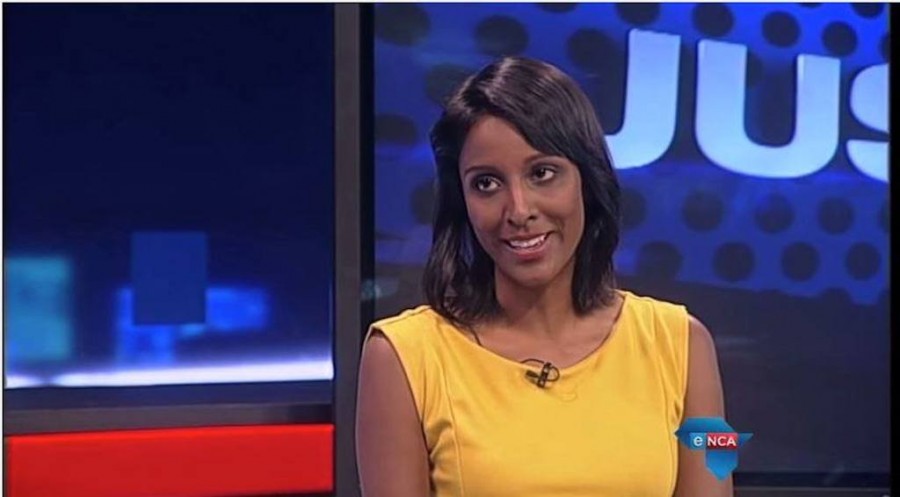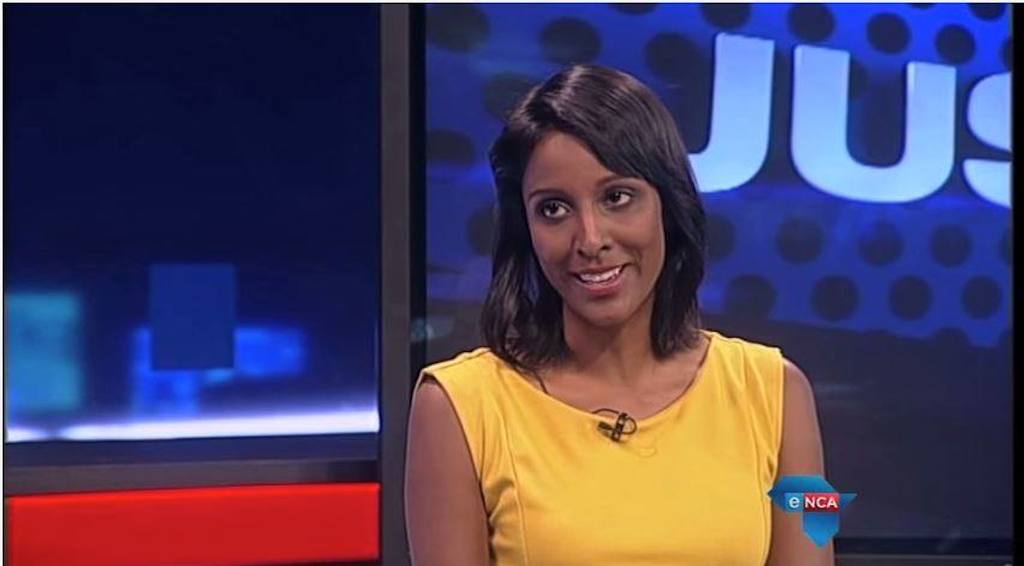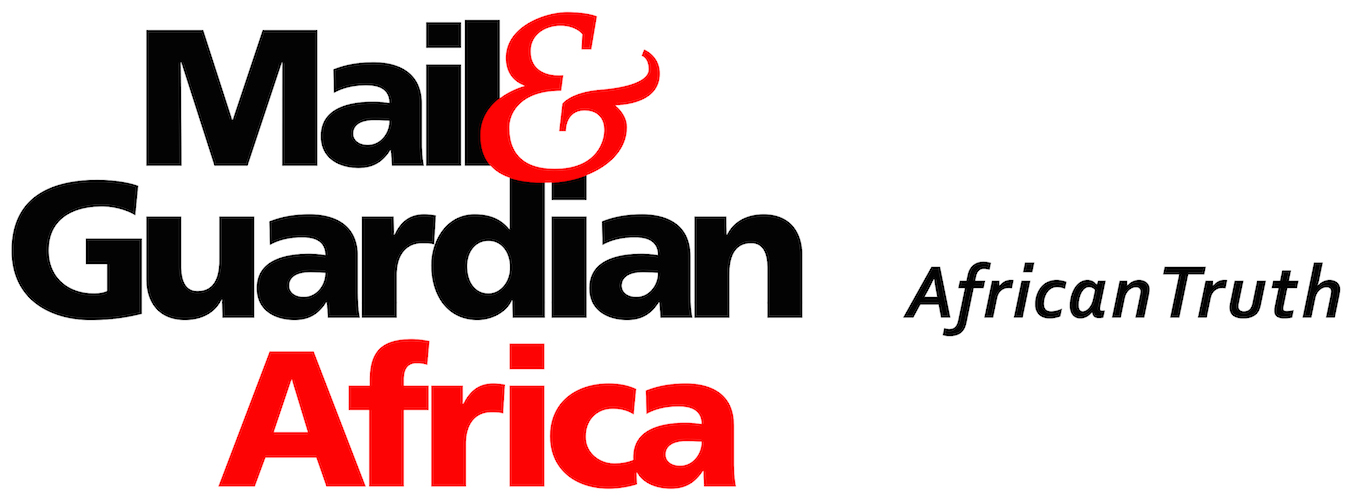
Mail & Guardian Apologises Over Maimane-De Klerk Story
The Mail & Guardian newspaper issued an apology on Friday over a controversial story in January saying Democratic Alliance leader Mmusi Maimane was receiving leadership classes from former president FW de Klerk, adding that the main reporter had left the DA under “acrimonious circumstances”. The letter by editor in chief Verashni Pillay was titled “Mea Culpa. We should have known better”. […]

The Mail & Guardian newspaper issued an apology on Friday over a controversial story in January saying Democratic Alliance leader Mmusi Maimane was receiving leadership classes from former president FW de Klerk, adding that the main reporter had left the DA under “acrimonious circumstances”.

The letter by editor in chief Verashni Pillay was titled “Mea Culpa. We should have known better”.
The 29 January article said De Klerk was giving “leadership lessons” to Maimane, even though Maimane denied the report – saying they had only met once, in 2014 – and the newspaper never contacted the De Klerk Foundation before publication. The story was titled “Is FW Tutoring Mmusi Maimane?” and the authors were given as Nelly Shamase – who Pillay said had left the DA under “acrimonious circumstances” – and Pillay herself.
Pillay was quoted in the media after the report came out as saying she stood by the article. DA Western Cape premier Helen Zille tweeted at the time: “This kind of maliciously manufactured story shows why the M&G is going out of business. No credibility left.” She also said, “It is so unprofessional that ex-DA employees with an axe to grind are allowed to masquerade as independent journalists by various titles.”
Shamase, a former DA media manager in KwaZulu-Natal, was also the author of a story that appeared in the M&G and on MSN the same day titled “DA’s Black Leaders ‘Live With’ Racism”. In the story she quoted an unnamed DA leader saying, “I have no faith in Mmusi’s leadership. His advisers are very happy with the way the DA is currently.”

Regarding the M&G story about De Klerk, Pillay, who has been the paper’s editor in chief for only four months, wrote, “The story was rushed and fell short at a number of important points”.
“In addition, because of a miscommunication between the journalists working on the story, a right of reply was not offered to four people listed in the ‘Who is in the brains trust?’ article on page 4: Jonathan Moakes, James Selfe, Tony Leon and Geordin Hill-Lewis. We should also have told our readers that the main reporter on the story, Nelly Shamase, left the DA under acrimonious circumstances.”
The DA said in a statement that it commended the M&G for its constructive engagement on the issue, and for the steps taken to address the matter. “The M&G has a proud track record of path-leading journalism, and it is not in the interests of a vibrant democracy and a free press to have the M&G suffer critical damage to its credibility,” the DA said.
In its statement the De Klerk Foundation said, “We are concerned that the M&G did not give the foundation an opportunity to refute these allegations because they were never put to us.”
In his apology, Pillay said, “I could talk about newsroom pressures, looming deadlines and the need to make split-second decisions, but the fact is the mistake was mine and I apologise to our readers and the organisations and individuals involved,” the editor said.
“These are all serious issues. As an editor, these failings are mine and I take full responsibility for them. I apologise unreservedly to the organisations and individuals who were affected by these failures, and particularly to our readers.”
“The Mail & Guardian is a trusted publication and I am sorry for damaging that trust and will work hard to restore it.”
Pillay pointed out to various stories about the ANC, the EFF and the DA it had written that had shown it has no party-political allegiances.